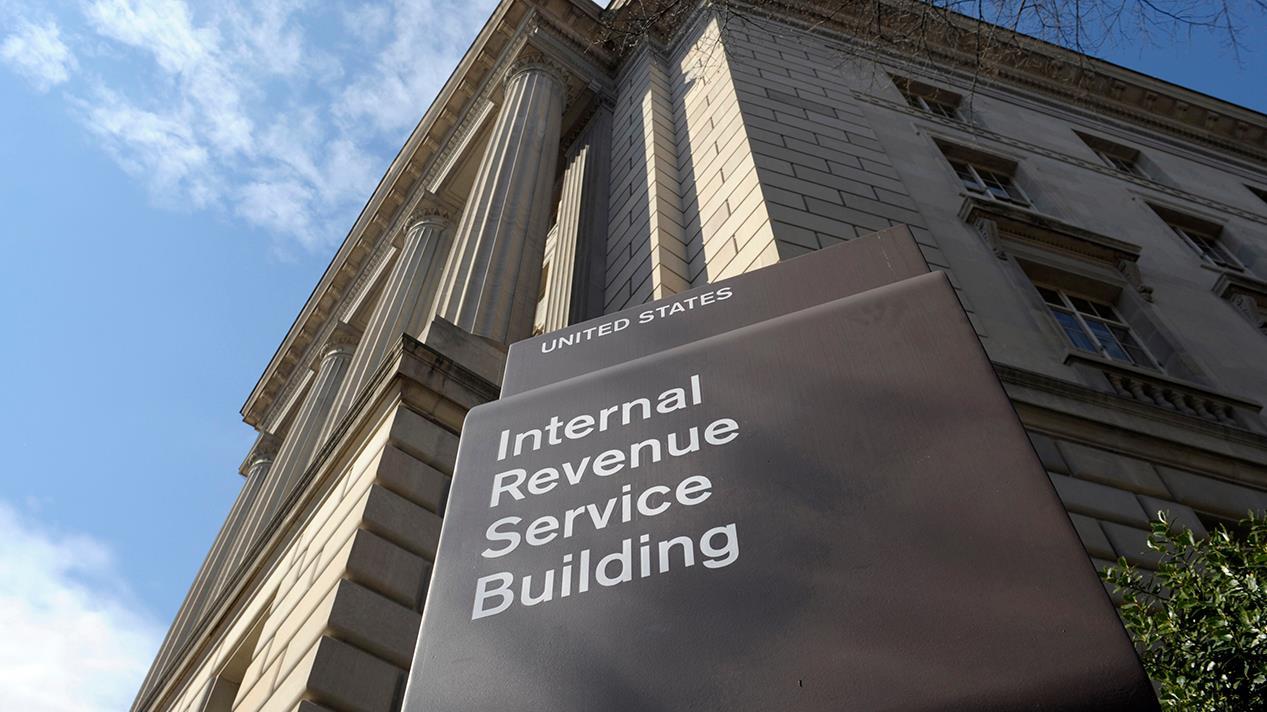Tax cheats less likely to face audit amid IRS budget cuts
The decline in tax enforcement is a result of years of cuts in the agency’s budget
Individual taxpayers are almost half as likely to be audited by the Internal Revenue Service than they were 10 years ago — likely meaning that tens of billions of dollars go uncollected by the Treasury Department each year.
In 2019, the IRS audited 0.45 percent of personal income tax returns, down from 0.59 percent in 2018. That marks the eighth consecutive year of decline and the lowest percentage of audits conducted since 2002.
The decline in tax enforcement is a result of years of cuts in the agency’s budget. According to the Congressional Budget Office, the IRS budget is about 20 percent below the amount it received in 2010, when appropriations for the agency reached their highest level.
The reductions in funding directly targeted IRS enforcement -- though at 43 percent in 2018, it still received the largest share of funding -- which has coincided with a drop in audits. In 2010, for instance, the agency audited 0.9 percent of tax returns.
IRS WILL FAIL TO COLLECT TRILLIONS OF DOLLARS OVER THE NEXT DECADE, RESEARCHERS ESTIMATE
Over the last 10 years, the IRS has lost nearly 30,000 full-time positions in areas including enforcement and criminal investigation, according to the agency’s annual report, which provides a summary of its operations in the previous fiscal year.
“These losses directly correlate with a steady decline in the number of individual audits during the past nine years,” the report said.
CLICK HERE TO READ MORE ON FOX BUSINESS
Although employment at the agency grew to about 78,000 workers last year, it also anticipates that up to 31 percent of its current workforce -- roughly 19,719 full-time employees -- will retire over the next five years, “creating a significant risk of a large knowledge and experience gap for the nation’s tax agency.”
“Another 20 percent cut in IRS auditing,” said Harvard University economist Lawrence Summers, who served as Treasury secretary under President Bill Clinton. “America is giving away tens of billions a year to tax cheats by cutting the IRS, even as its responsibilities grow. This is madness.”
According to a report from Summers and University of Pennsylvania Law School assistant professor Natasha Sarin, the IRS could shrink the tax gap by around 15 percent by increasing investment in additional compliance efforts. Most of the non-compliance benefits high-income earners because their income falls in opaque categories, like dividend income, capital gains and proprietorship income. The report found that taxes are paid on only 55 percent of income earned in some of these categories.
GET FOX BUSINESS ON THE GO BY CLICKING HERE
“Assuming immediate implementation, our estimates suggest that it would be possible to generate around $1.1 trillion in additional revenue in a decade,” they wrote.




















